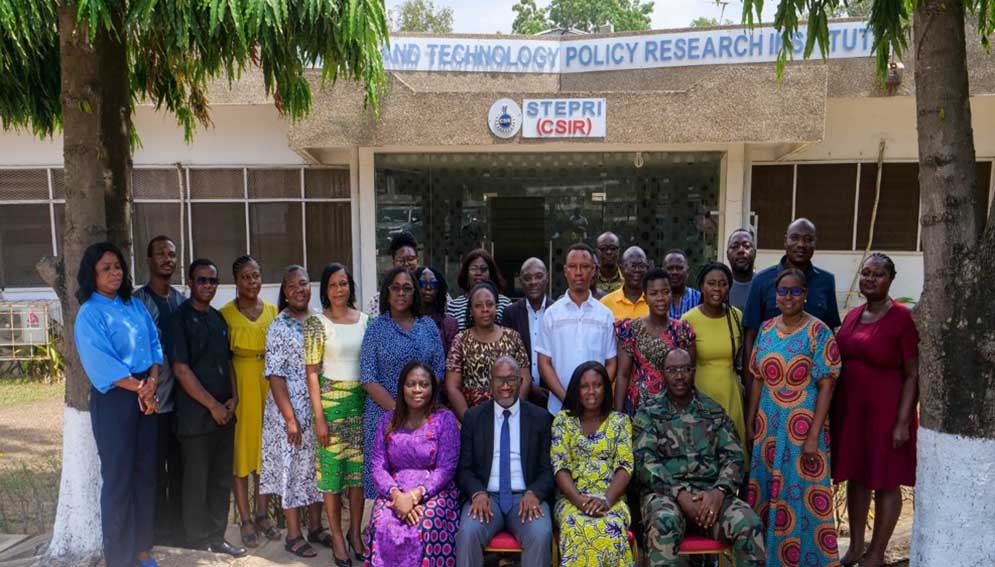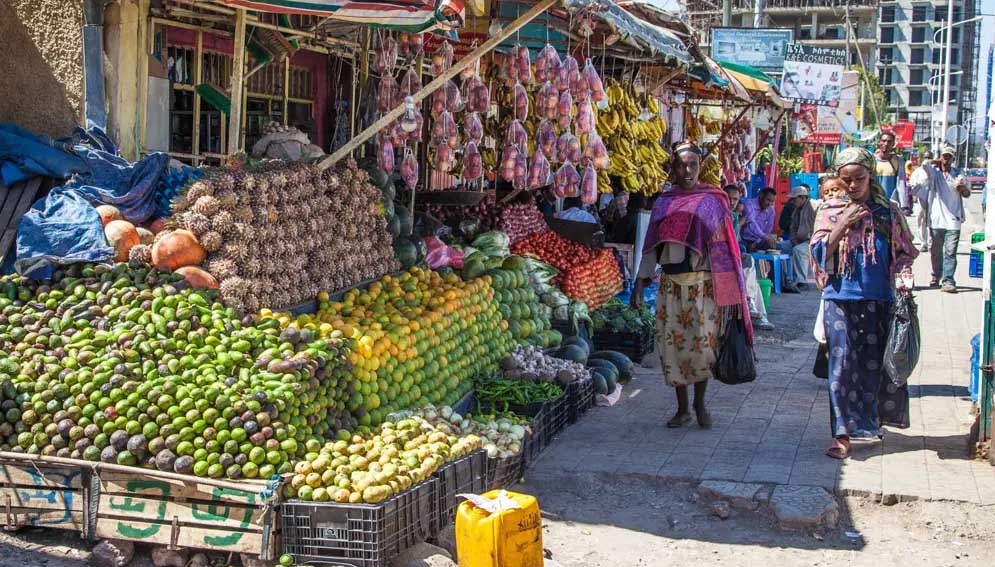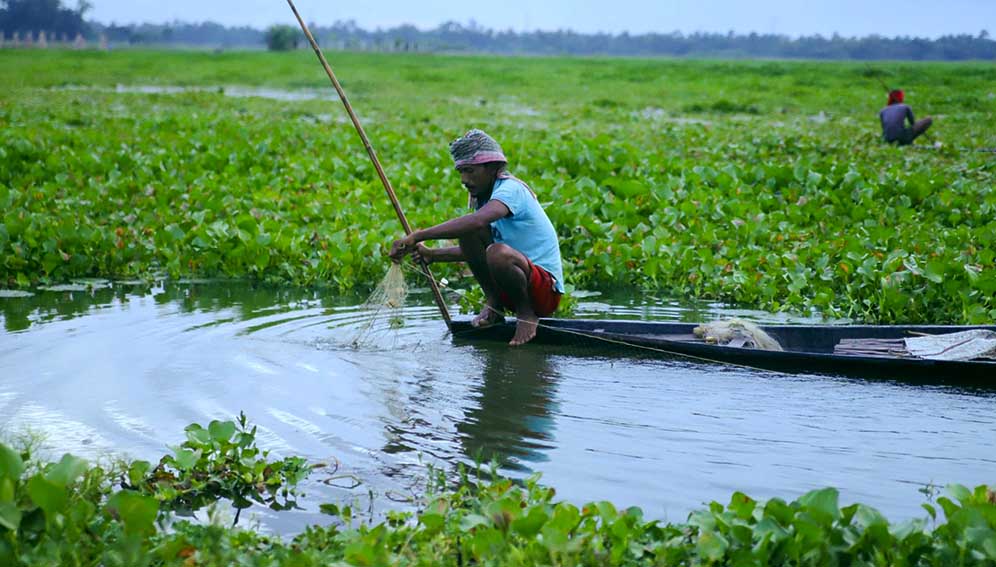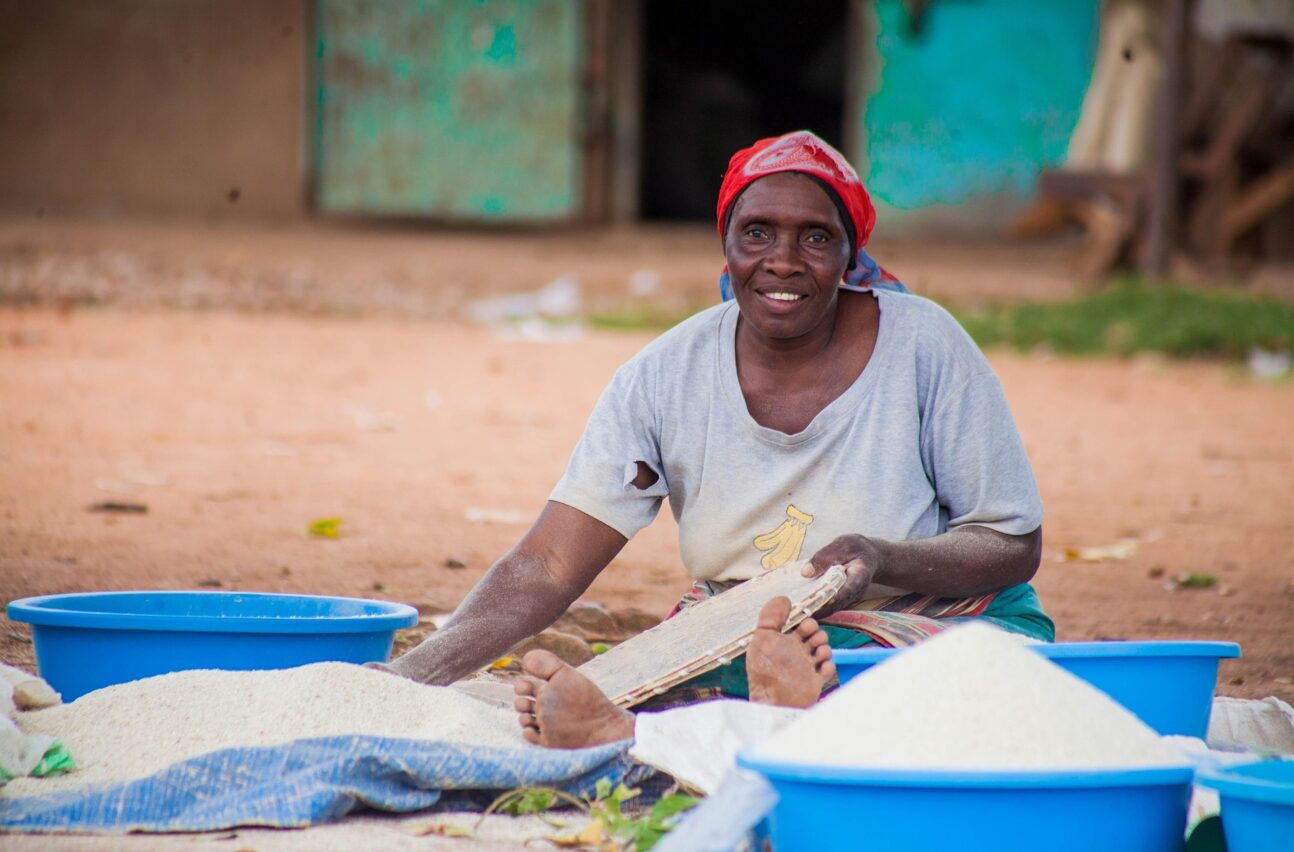SGCI News
Food recipes developed from indigenous plants and adapted to local climates could improve nutrition and alleviate food shortages in rural households in Sub-Saharan Africa, researchers say. The African researchers created…
Food recipes developed from indigenous plants and adapted to local climates could improve nutrition and alleviate food shortages in rural households in Sub-Saharan Africa, researchers say.
The African researchers created products – including jams, juices, syrups, yogurts, and instant soups – using plants such as wild orange, wild medlar, amaranthus, baobab, hibiscus, and violet tree.
Their recipes aim to address micronutrient deficiencies in the region and reduce post-harvest losses of indigenous fruits and vegetables, say the researchers from the University of Namibia and Mozambique’s Institute of Agricultural Research.
Penny Hiwilepo-van Hal, a co-author of the project and head of the Department of Food Science and Systems at the University of Namibia, said that since 2020 the team have been processing, upscaling, and commercialising food products derived from underutilised fruits and plants.
“The [project] seeks to provide the technical and market underpinnings for upscaling through the development of sustainable value chains and the successful commercialisation for these products,” Hiwilepo-van Hal said.
“We aim to solve the problems of inadequate scientific and technical data to establish and grow sustainable value chains for utilisation of indigenous fruit and vegetables and promote commercialisation,” she explained.
The research was funded by the Science Granting Councils Initiative (SGCI) and coordinated by the Science Granting Councils of Namibia and Mozambique – Namibia’s National Commission on Research, Science and Technology and Mozambique’s National Research Fund.

Chinemba Samundengu, co-researcher and lecturer at the University of Namibia’s Department of Food Science and Technology, believes developing indigenous food products can help popularise underused foods.
“Increased utilisation of these indigenous fruits and vegetables through product development can lead to increased demand and market access,” said Samundengu.
“This would serve as a motivation for development of the value chains from these indigenous species.”
Health, climate benefits
Hiwilepo-van Hal said the research team targeted plant species with specific health benefits, including those that “enhance immunity, reduce the risk of micronutrient deficiencies, infertility, and cancers”.
“[For] violet tree, theleaves could be used in human nutrition to reduce haemoglobin and infertility deficiencies while inhibiting the development of chronic diseases through the effect of plant antioxidants,” she explained.
Preliminary cytotoxicity tests – which show the extent of damage a substance can do to cells – indicated that at high concentrations extracts of the violet leaf could potentially be used against human cells such as cancer cells, [but] more detailed cytotoxicity and phytochemical analysis is needed, added the researcher.
She also believes that the promotion and uptake of nutritious, indigenous plants and fruits will be helpful in the development of climate-resilient food systems.
“This will help ensure sustainable access to affordable micronutrients in vulnerable rural households,” she added.
“Current variations in weather patterns have proved to be very disruptive to food systems in Africa, severely impacting food security.”
Daniel Otaye, an associate professor in the Department of Biological Sciences at Egerton University in Kenya, says the research is promising, but more studies need to be done on sustainability and wide-scale commercialisation of the indigenous plant products.
“Africa is struggling with numerous challenges including climate change and food security, the findings of this study can help solve some of these challenges,” he said.
SGCI is a multilateral initiative established to strengthen the institutional capacities of public science funding agencies in Sub-Saharan Africa to support research and evidence-based policies that will contribute to economic and social development.
Article written by Nelson Mandela Ogema
Related News
A gender project is bridging gaps in research and evaluation in Ghana
Ghana is addressing critical issues in the country’s research landscape by bridging gender gaps in research and evaluation through a gender project. The Ghana Ministry of Environment, Science and Technology, a Science Granting Council is leading the gender project called EQUISTEM. The EQUISTEM project tackles…
Unlocking stronger food systems with African research
[SciDevNet] The 2025 Global Food Policy Report warns that the world could be heading toward another major food crisis. For Africa, the warning is especially urgent. Across the continent, food systems are under pressure from climate change, economic shocks, and political instability. These overlapping challenges…
Invasive lake weed turned to clean energy in Ethiopia
[ADDIS ABABA, SciDevNet] For years, Fentie Wabi worked as a fisherman on Ethiopia’s Lake Tana, until an aggressive green invader changed everything. Water hyacinth, a fast-spreading aquatic weed, began choking the lake that had sustained his community. “As the weed expanded, we couldn’t ride our…
Research and Resources
SGCI funded projects
Zambia’s top researchers pioneer solutions for climate resilience, food security, economic growth
Project Titles & Institution Areas of Research Number of Projects being funded Project Duration Grant Amount In-Kind Distribution Council Collaboration with other councils





